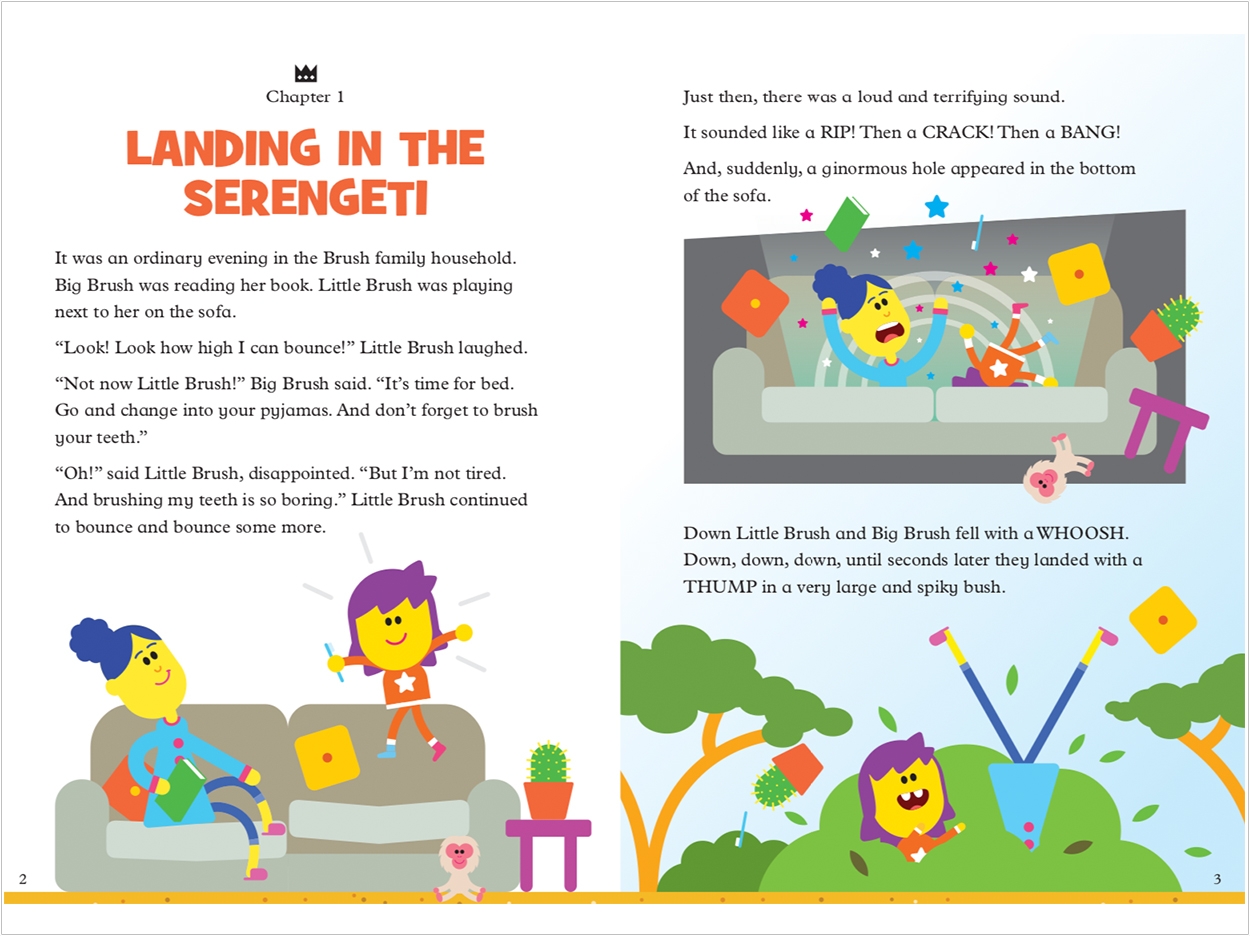
Children who skip brushing their teeth at night are twice as likely to suffer from poor oral health and dental pain, reports Unilever, leading to school absences and undermined confidence and social skills. Yet behavioral science can change these habits, the company adds.
Brushing day and night with a fluoride toothpaste can cut the risk of tooth decay for children by 50% compared to brushing once a day, Unilever says. Yet 43% of children in Ghana, 35% of children in Egypt, and about one in five children in France, Vietnam, and Indonesia go to be without brushing their teeth, the company says.
Unilever’s Smile family of oral healthcare brands, then, worked with Tim Newton, PhD, of King’s College London Faculty of Dentistry, Oral & Craniofacial Sciences to develop the Brush, Story, Sleep program. The simple nighttime routine sees children brush their teeth, read a story, and then go to bed.
To encourage the routine, Smile developed a collection of 21 stories entitled The Adventures of Little Brush Big Brush, featuring two characters who travel the world and pick up tooth-brushing tips from an array of animal friends.
The book features 21 stories so there is one new story each night for three weeks, which is precisely the length of time that behavioral scientists say it takes to establish a routine and turn it into a habit that hopefully will stick for life, Smile says.
Plus, Smile says it is providing a 21-night tooth-brushing calendar so caregivers and children can track their progress throughout the three weeks as well as a Little Brush Big Brush bookmark designed to remind children at the right moment when they need to brush their teeth before they go to bed.
“As smile, our purpose is to eradicate preventable oral disease so everyone can unlock the power of their smile,” said Mariano Sampietro, global brand vice president for Smile.
“We believe nothing should get in the way of smiling, especially not poor oral health. That’s why we must continue to bring new expertise, like behavior science, into our business to help us spread outstanding oral health through our products and educational programs around the world,” Sampietro said.
Related Articles
Few Parents Limit Their Children’s Sugar Intake to Protect Their Teeth
ODA Asks for $50 Million to Provide Oral Healthcare to Underserved Kids
Vaccines for Boys and Girls Can Eliminate Cancer-Causing HPV












